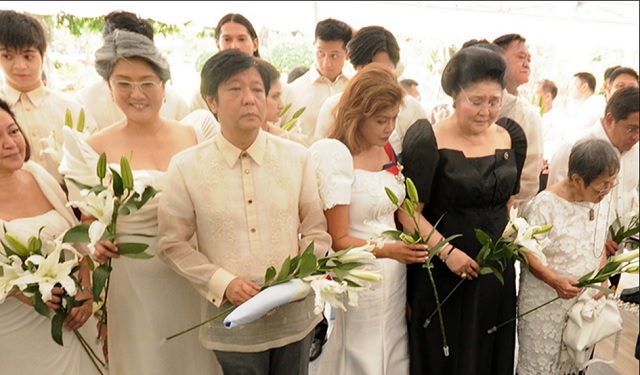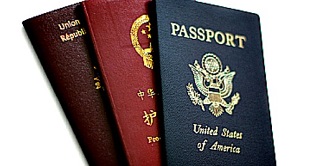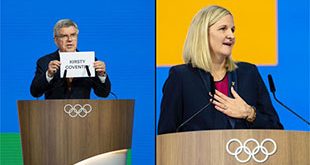
Manila, Philippines | AFP |
Ex-Philippine dictator Ferdinand Marcos was buried in a secretive ceremony at the national heroes’ cemetery Friday, triggering street protests as opponents denounced what they said was the whitewashing of his brutal and corrupt rule.
The burial at the “Cemetery of Heroes” was another stunning development in the remarkable political comeback of the Marcos family, a phenomenon given fresh energy by the clan’s strong alliance with new President Rodrigo Duterte.
The Supreme Court last week endorsed a decision by Duterte to lay the dictator to rest at the heroes’ cemetery, three decades after millions of people took to the streets in the famous “People Power” revolution that ended Marcos’s reign.
The Marcos family and government moved quickly after the verdict, secretly flying the embalmed body to the cemetery on Friday and interring him despite appeals still pending with the Supreme Court urging it to reconsider.
“Like a thief in the night, the Marcos family deliberately hid the information of burying former president Marcos today from the Filipino people,” said Vice President Leni Robredo, who was elected separately to Duterte and belongs to another party.
“This is nothing new to the Marcoses — they who had hidden wealth, hidden human rights abuses, and now, a hidden burial — with complete disregard for the law.”
His wheelchair-bound wife Imelda, 87, and their children and grandchildren followed a horse-drawn carriage with military escort that bore his Philippine flag-draped casket, footage released by the family on Facebook showed.
The military honoured Marcos at the ceremony with a 21-gun salute as soldiers in parade dress and ceremonial rifles stood to attention.
“At last our beloved father Ferdinand Edralin Marcos’s final instruction to be buried alongside his fellow soldiers was carried out today,” daughter Imee Marcos told reporters afterwards.
‘Marcos thief’
Two thousand riot police and soldiers guarded the perimeter of the cemetery during the ceremony, blocking entry by journalists.
Marcos opponents taken by surprise by the burial quickly organised a series of rallies across the Philippine capital of Manila on Friday that attracted thousands of people.
One of the biggest was at a roadside monument commemorating the “People Power” revolution where crowds gathered chanting “Marcos, thief until death”, “Duterte, a Marcos lapdog” and “exhume, exhume”.
Protesters — both martial law veterans and young students — delivered speeches on how they or their relatives were tortured, detained and abducted under the dictatorship.
Motorists passing by honked their horns in solidarity with the demonstrators.
Marcos, his wife and their cronies plundered up to $10 billion from state coffers and plunged the Philippines into crippling debt during his rule, according to government investigators and historians.
The dictator also oversaw widespread human rights abuses to maintain his control of the country and enable his plundering, with thousands of people killed and tortured, previous Philippine governments said.
Anti-corruption watchdog Transparency International in 2004 named Marcos the second most corrupt leader of all time, behind Indonesian dictator Suharto.
Political resurrection
After Marcos died in Hawaii in 1989, his family was allowed to return and began its political resurrection.
Imelda became a congresswoman and fended off all corruption charges against her. Imee and Ferdinand “Bongbong” Marcos Jnr also became influential politicians.
However previous presidents had refused to allow the dictator to be buried in the heroes’ cemetery because of his crimes, so the family kept the preserved body in a glass casket at his home in the northern province of Ilocos Norte.
The family’s fortunes changed with the election of Duterte, a long-time ally of the Marcos family, as president in May this year.
He said Marcos deserved to be buried at the heroes’ cemetery because he had been a president and a veteran of World War II.
Duterte also said he owed loyalty to the family because his father had served in the Marcos government and the family had helped fund his election campaign.
Duterte, who was in Peru for a global leaders summit on Friday, again sought to justify his decision, as he urged “forgiveness”.
“I was just being legally strict about it. President Marcos was a president for so long and he was a soldier. So that’s about it,” he said.
 The Independent Uganda: You get the Truth we Pay the Price
The Independent Uganda: You get the Truth we Pay the Price



